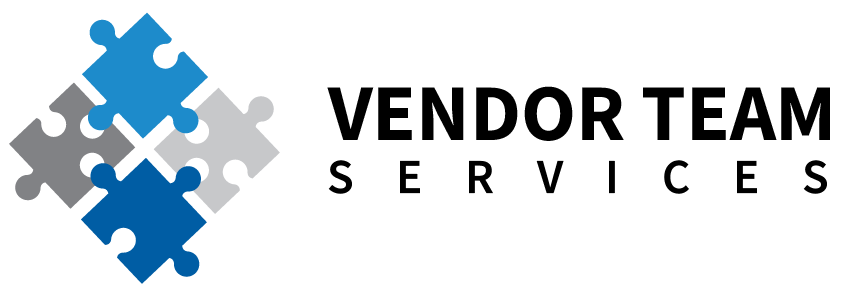A retail web scraper tool can be an invaluable asset for businesses aiming to build a highly-focused prospect list. Here’s how such a tool aids in this process:
1. Data Collection Efficiency:
A retail web scraper automates the process of collecting data from various online sources, such as e-commerce websites, social media platforms, forums, and review sites. It can extract product information, customer reviews, preferences, and other relevant data points efficiently and in real-time.
2. Large-Scale Data Extraction:
Web scrapers can handle large volumes of data, enabling businesses to collect information about numerous products, customers, or competitors simultaneously. This extensive data gathering allows for a more comprehensive analysis and a better understanding of the market.
3. Targeted Website Monitoring:
Retail web scrapers can be configured to monitor specific websites or web pages for changes in product availability, pricing, or customer reviews. This targeted monitoring ensures that businesses are promptly informed about market trends, competitor strategies, or new product launches.
4. Competitor Analysis:
By scraping data from competitors’ websites, businesses can gain insights into their pricing strategies, product offerings, customer reviews, and promotional activities. This competitive intelligence helps in refining your own pricing and marketing strategies to stay ahead in the market.
5. Customer Behavior Analysis:
Retail web scrapers can extract data related to customer behavior, such as browsing patterns, search queries, and product preferences. Analyzing this data provides valuable insights into customer interests and helps in tailoring marketing campaigns and product offerings to meet their needs effectively.
6. Lead Generation and Prospecting:
Web scrapers can extract contact information, including email addresses, phone numbers, and social media profiles, from various online sources. This information forms the basis of a highly-focused prospect list. By identifying potential customers and reaching out to them directly, businesses can enhance their sales and marketing efforts.
7. Price Monitoring and Dynamic Pricing:
Retailers can use web scrapers to monitor competitors’ prices in real-time. This data is essential for dynamic pricing strategies, allowing businesses to adjust their prices based on market demand and competitors’ pricing, thereby maximizing profits and staying competitive.
8. Product Catalog Enrichment:
Web scrapers can enrich a retail business’s product catalog by extracting detailed product information, images, and specifications from different online sources. This comprehensive product data enhances the quality of the business’s offerings and helps in attracting customers seeking detailed information before making a purchase decision.
9. Market Research and Trend Analysis:
Retail web scrapers enable businesses to gather data on trending products, customer reviews, and market demands. Analyzing this information helps in identifying emerging market trends, popular products, and customer preferences, allowing businesses to adapt their strategies accordingly.
10. Compliance and Accuracy:
Advanced retail web scrapers can ensure compliance with legal regulations and website terms of service. They can also handle complex website structures, ensuring accurate data extraction even from websites with intricate designs.
In summary, a retail web scraper tool empowers businesses to collect, analyze, and leverage vast amounts of data efficiently. By harnessing the insights derived from web scraping, businesses can build a highly-focused prospect list, refine their marketing strategies, stay competitive, and make informed decisions, ultimately leading to increased sales and business growth.

